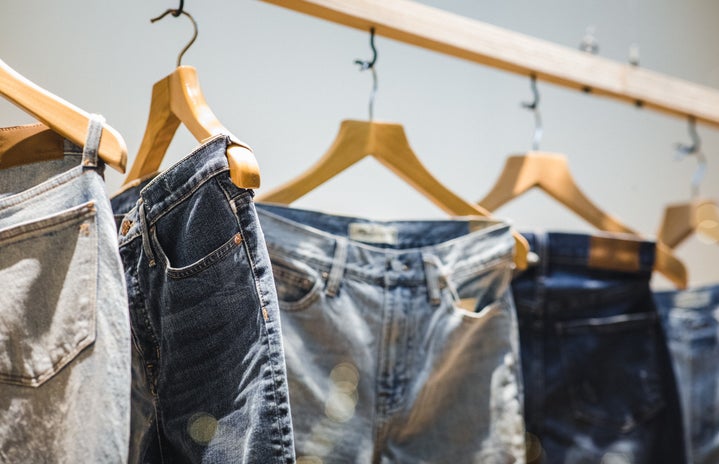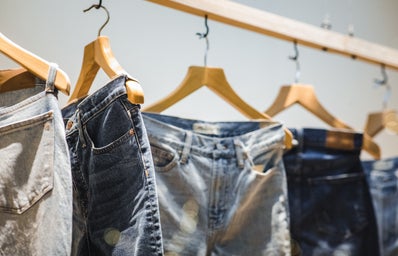The fashion industry has always been hyper-focused on size, specifically smaller sizes. Although, in recent years, brands have started to become inclusive by offering bigger sizes and showcasing plus-sized models. However, people feel as though this is just a marketing ploy.
Fatphobia is the pathological fear of fatness and has roots in racism. European women noticed that African women looked physically similar to them, embodying curves, so European women decided to start losing weight to have a more contrasting physical appearance.
The fashion industry has and continues to revolve around European beauty standards, so it is not a surprise that it lacks size inclusivity. Although we have started to see more plus-sized people in advertisements and plus-sized mannequins in stores, it is undeniable that the fashion industry is still dominated by skinniness.
In recent years, brands have started to expand their sizes. Many people are skeptical about this. They think it may just be a way for brands not to be canceled. The CEO for Abercrombie and Fitch, a popular clothing brand marketed towards teens, Mike Jeffries said years ago that he only wants “good-looking people” purchasing from his stores and that’s why it used to not carry women’s clothes bigger than a size large. Over the past few years, Abercrombie has tried to rebrand by offering a wider variety of sizes and launching an inclusive ad campaign. To many people, this gesture does not seem genuine. Other brands have been accused of doing this as well.
Higher-end brands often do not carry plus-size clothes at all. They have attributed this to higher costs in fabrics and limited production resources. This is making it harder for people to shop for luxury clothes in their size. The simple reason for this is that high fashion brands do not want to be associated with plus-size people. They are seen as the “trendsetters” of the fashion world and want exclusivity in their brand. This lack of inclusion cannot be justified because the plus-size fashion industry is growing at a steady pace.
A TikTok trend referred to as “Is it a fit or is she just skinny?” circulates For You Pages. In these videos, people will take a celebrity and break down their outfit to see if they actually think the outfit is stylish, or if the outfit looks good because of their body type. This trend has made people realize that the main accessory in what people deem “fashionable” is usually a skinny waist. Cracking this code has been a vital discovery in the fashion industry. People are realizing that the reason they do not look like these celebrities is not because they can’t afford the expensive clothes, but instead because they do not have the access to obtain the physique of a celebrity.
Even with brands offering more plus-sized sections, it seems as though the clothes are not as stylish. Plus-sized people are having a harder time finding articles of clothing that they enjoy wearing. Plus-sized sections tend to be small and located towards the back of stores.
Additionally, brands do not take into consideration how certain clothes will look different on bigger bodies, and therefore, just take a sample pattern and make it bigger, which results in unflattering, ugly clothes. Also, brands do not take into consideration the opinions and preferences of plus-sized women. Their voices need to be heard to produce a product that they feel comfortable and empowered wearing. Research about how certain cuts and designs look better on plus-sized women is lacking so, therefore, an ugly, lackluster piece of clothing is formed, and the cycle continues when brands do not listen to consumer feedback.
Society needs to change the narrative about clothing. With inconsistent sizes among women’s clothing brands, it can lead to women being more focused on the number than how they feel in the clothes. Clothing companies need to remember that clothes are made to fit us, not the other way around.

